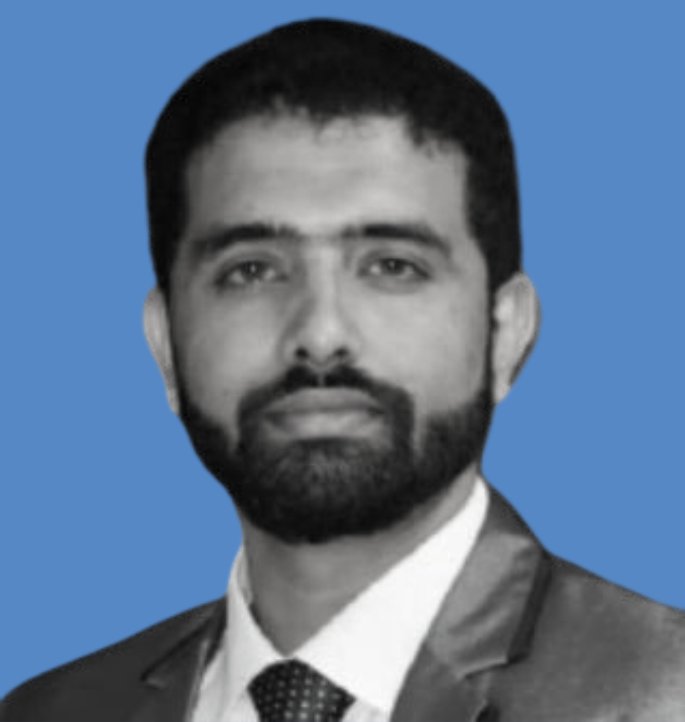I got a chance to dive deep into the human mind. All the instructors were very good, and I learned a lot of new stuff.

Certification
Foundation Course Certificate
Mode of Study
100% Online Start now and learn from anywhere
Learning Hours
15 hours of Video Sessions
Learning Medium
English
Learn Forensic at Your Own Pace, Master at Your Own Time!
Unlock Your Potential with Self-Paced Learning!
Learn Anytime, Anywhere
No schedules, no pressure! Study at your convenience
Go at Your Own Speed
Master concepts without rushing or slowing down
Full Access to Course Materials
Revisit lessons whenever you need
Expert-Led Content
Gain industry-relevant skills from top instructors
Perfect for Professionals & Students
Balance learning with your lifestyle
Affordable & Cost-Effective
No travel, no extra expenses, just pure learning!
Earn a Recognized Certification
Boost your resume and career prospects
Join Thousands of Successful Learners Today!
Enroll Now & Take Control of Your Learning Journey!
Forensic psychology is applying the principles of psychology to the law and answering legal questions. The online Forensic Psychology Foundation Certificate Course by Sherlock Institute of Forensic Science will prepare you on your journey to become a renowned forensic psychologist. Learn about the behavioral and psychological problems surrounding the human mind within the criminal justice system framework.
Our faculty comprises industry experts with years of experience in forensic psychology. You will gain deep knowledge about the complexities of human behavior, criminal profiling, how to apply psychological principles in real-world legal investigations, criminal theories, sexual offences, types of mental disorders, interrogation techniques, risk and psychological assessment, limitations of criminal profiling, Narco analysis, and LVA technology . The pre-recorded course includes several case studies to make concepts easier for you to understand. You will also develop analytical skills essential for criminal behavior analysis.
In recent years this field has seen unprecedented growth and many students are getting interested in opting for this applied field of psychology as their career. So whether you are an aspiring forensic psychologist or simply want to study more about human behavior and the criminal justice system, this online learning course will be an excellent learning opportunity. Join us today to learn the secrets of forensic psychology and take the first step toward understanding the criminal mind.
Become Proficient to Answer:
- What is the significance and scope of forensic psychology?
- How do psychologists serve as advisors, reformers, and evaluators within the legal system?
- What are the primary criminal behavior theories and how do they differ from one another?
- How does an individual's personality relate to their involvement in criminal activities?
- What is the relationship between psychological disorders and related crimes?
- How does psychopathy contribute to criminal behavior?
- What is the purpose of interrogation and confession in criminal investigations?
- What are the key principles and approaches used in risk assessment?
- How are polygraph, narco analysis, and BEOS profiling techniques implemented?
- How does cultural and social pressure influence the psychology of crime victims?
- What are the core psychological principles applied in the practice of offender profiling?
- How does LVA (Layered Voice Analysis) technology contribute to investigation techniques?
Learning Outcomes:
Understanding of Forensic Psychology: After completing this course, you will have a deep knowledge of the main principles, theories, and concepts used by forensic psychologists and how to apply them to the legal and criminal justice framework.
Criminal Behavior Analysis: You will develop analytical skills to understand and analyze criminal behavioral patterns, do criminal profiling, and assess suspects and offenders.
Ethical and Legal Considerations: You will learn how to integrate psychology with law, the responsibilities and limitations of the field, and ethical and legal issues that pertain to forensic psychology.
Psychological Evaluation Skills: You will learn how to conduct psychological assessments and evaluations from a forensic perspective.
Effective Communication and Testimony: You will learn the need to develop strong communication skills to effectively question suspects and witnesses and present your findings in legal proceedings.
Course Details: Access to a Wide Range of Resources like recorded lectures, quizzes, assignments, and interactive tools.
Fee | National: 1770 INR (1500 INR + 18% GST) International: 50 USD |
Duration | 1 Month |
Eligibility | 12th Passed |
Session Timing | Learn at your own Pace |
Payment Details:
International Student : PayPal: forensicdocument@gmail.com
Account Details for National Student
Bank Name - ICICI BANK
Acc. Name - SIFS INDIA PVT. LTD.
Account No. - 663505500086
Type - Current
IFSC Code - ICIC0000160
Address - ICICI Bank, H-4, Model Town -III, New Delhi - 110009








